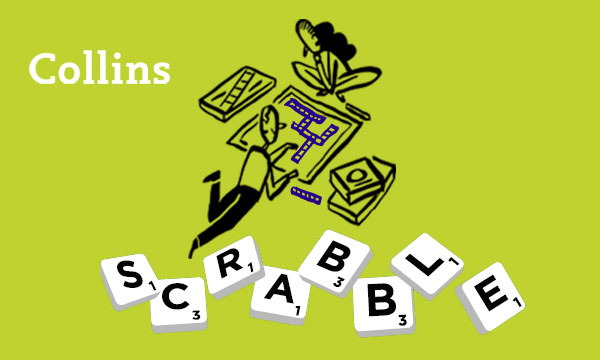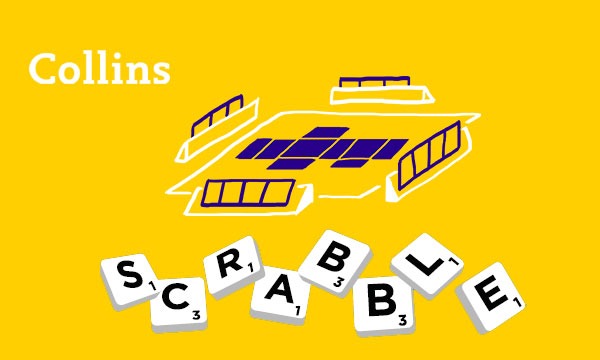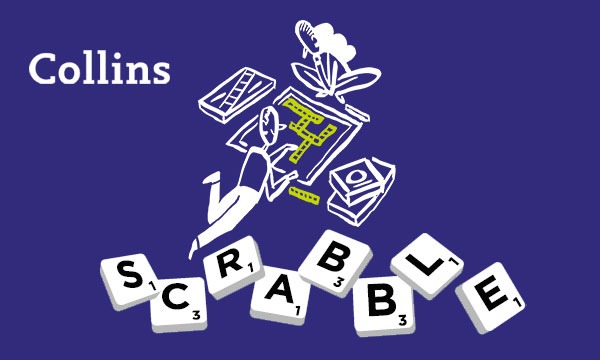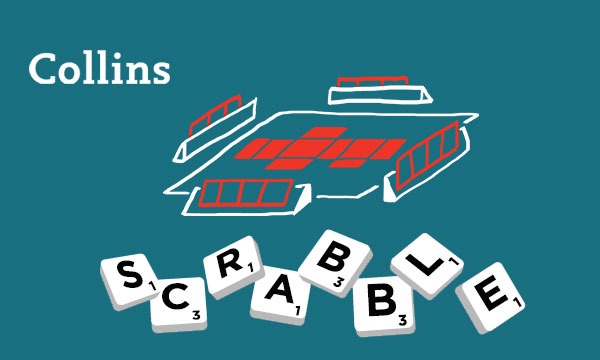Good players can look at their rack at any given stage of the game and know what sort of move they should be trying to make. Most racks will fall into one of five categories; here’s what you should look to do for each type:
Too many vowels: Use one of the multi-vowel words or change.
Too many consonants: Use a multi-consonant word or change. There are lots of common five- and six-letter words which can help get rid of excess consonants: PRINT, TRUCK, CLAMP, FRONT, THRONG, etc.
Bonus-friendly: Good balance of vowels and consonants, mainly one-point tiles, no double letters (or one at most). Have a good look for a bonus word, either a seven or a playable eight. If you can’t find it, play off the least appealing letters to increase your chance of a bonus on the next turn. Don’t neglect to still get a reasonable score now if you possibly can.
High value: Two or more of the higher-scoring tiles (those scoring three or more) but with vowels to help you use them. Play the high-value tiles, making maximum use of premium squares. It helps if the high-value tiles go nicely with each other, like CHK, rather than being incompatible like GVW.
Just rubbish: Racks full of incompatible letters like IJUY, or low-value tiles that don’t look like they’re close to a bonus, like GLLNOOU. With this sort of rack you probably just have to play off as many as you can for as much as you can, or change.
By Barry Grossman
Barry is a leading UK Scrabble player and winner of several tournaments. He is the author of Scrabble for Beginners (Chambers), Need to Know Scrabble, Scrabble – Play to Win and The Little Book of Scrabble Trickster. He has also contributed to numerous other books on the subject of words and word-games, has been a series champion of Channel 4’s Countdown, and has written four comedy series for BBC Radio 4. He lives in Hertford.
All opinions expressed on this blog are those of the individual writers, and do not necessarily reflect the opinions or policies of Collins, or its parent company, HarperCollins.



